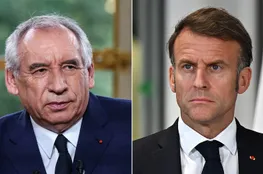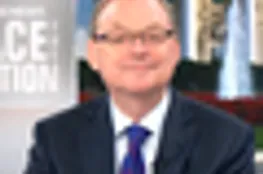With the election just eight weeks away and an eagerly anticipated debate between Republican Donald Trump and Democrat Kamala Harris looming, it’s vital to focus on economic issues that transcend political slogans and posturing. Unlike the substantive Lincoln-Douglas debates of 1858, today’s political discourse often lacks detailed exploration of critical issues, particularly regarding taxation and federal budgets. As noted previously, neither Trump’s import tariffs nor Harris’s anti-gouging measures are feasible, posing significant implementation challenges and political opposition.
Instead, focusing on existing laws and agencies could achieve similar consumer protection goals. Most discussions between the candidates revolve around taxes, with both advocating for tax exemptions on tip income and boosting the child tax credit. While this would alleviate some financial burdens, it would inevitably reduce federal revenue at a time when budget deficits are soaring. This persistent issue highlights the lack of focus on sustainable federal finances. Historically, higher tax rates under various administrations did not stifle economic growth. For instance, the Kennedy-Johnson and Clinton years saw robust GDP growth despite increased tax rates.
Conversely, the George W. Bush tax cuts, coupled with costly wars, only exacerbated the fiscal imbalance. As baby boomers age, mounting federal outlays for Social Security and Medicare have strained the budget further. The need for comprehensive tax reform, including potentially raising taxes, is clear, yet politically perilous. In the 2024 race, Harris proposes raising top marginal tax rates, closing loopholes, and taxing unrealized capital gains, targeting high-income households but risking market instability. Trump, however, aims to lower taxes, favoring high-income individuals and protecting existing loopholes. The ultimate goal is to secure federal finances, reminiscent of the balanced budgets of the Bush-Clinton era.
Nonetheless, entrenched political dynamics make meaningful reform unlikely. While Harris’s proposals may lead towards fiscal stability, the political will among voters and legislators to embrace such changes is uncertain. The urgent need for action is clear, yet the political landscape remains unfavorable for any substantial progress, as candidates hesitate to confront the harsh economic realities head-on.
























